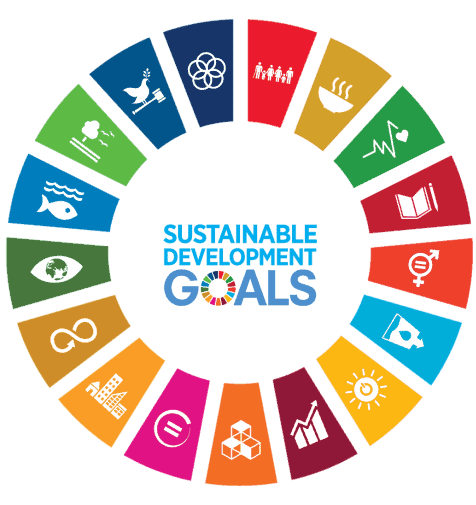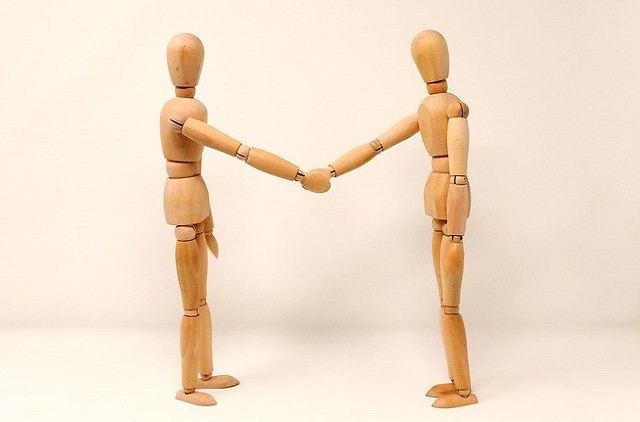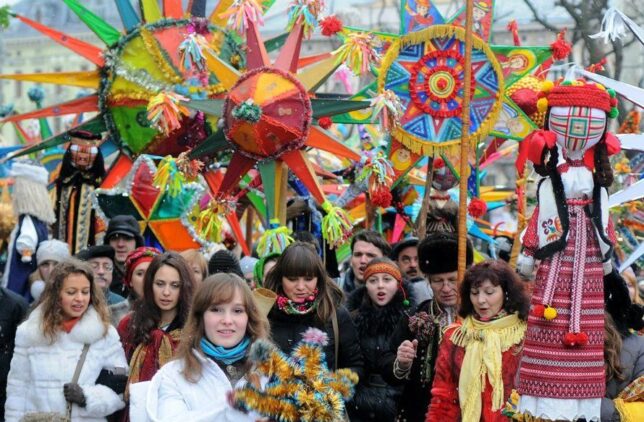Eid – Transcript
Eid al-Fitr, which means ’Feast of Breaking the Fast’, is one of the two official holidays celebrated within Islam. The religious holiday is celebrated by Muslims worldwide because it marks the end of the month-long dawn-to-sunset fasting of Ramadan. It does not always fall on the same day, as the start of the lunar month varies based on when the new moon is sighted by local religious authorities.
Traditionally, Eid al-Fitr begins at sunset on the night of the first sighting of the crescent moon. If the moon is not observed immediately after the 29th day of the previous lunar month, then the holiday is celebrated the following day. Eid al-Fitr is celebrated for one to three days, depending on the country. It is forbidden to fast on the Day of Eid, and a specific prayer is nominated for this day. As an obligatory act of charity, money is paid to the poor and the needy before performing the Eid prayer.
Muslims celebrate the Eid al-Fitr in various ways with food being a central theme, which also gives the holiday the nickname “Sweet Eid” or “Sugar Feast”.
Eid - Video
Eid Celebrations Around the World
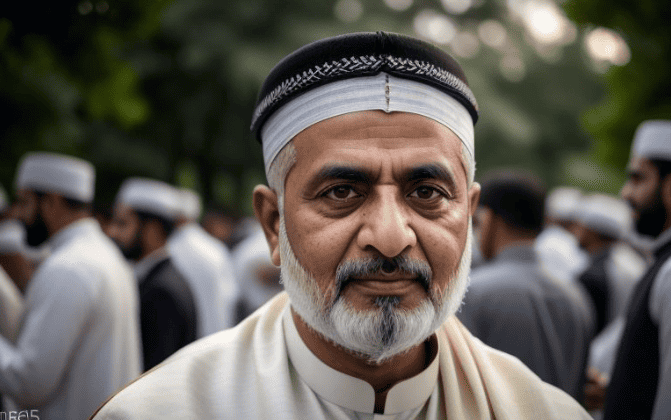
Saudi Arabia: Generosity and Hospitality
In Saudi Arabia, Eid is a time of vibrant celebrations. Homes are carefully decorated, and families prepare delicious meals. New clothes and shoes are purchased for the festival. A common theme in Saudi celebrations is generosity. Following a special Eid meal, children line up to receive money as gifts.
Sudan: Baking, Decorating, and Joyous Visits
Sudanese preparations for Eid begin during the final days of Ramadan. Homes are filled with the aromas of ka’ak and bettifour, traditional Eid sweets. The night before Eid involves extensive cleaning and decorating. On Eid day, families attend prayers, followed by visits to extended family, neighbors, and friends. Baked goods and sweets are shared, and children receive gifts.
Pakistan: Charity and “Eidi” Gifts
In Pakistan, Eid al-Fitr involves acts of charity. These acts ensure that everyone shares in the joy of the occasion. Families enjoy a special Eid breakfast with sweets like Kheer and Sheer Khurma. Children eagerly anticipate “Eidi,” gifts, money from relatives. The State Bank of Pakistan issues fresh currency notes just for this purpose!
Bangladesh: Amazing Festivities
For the people of Bangladesh, Eid is a very special occasion. The entire country makes elaborate preparations. Markets are filled with shoppers and homes are decorated. Families reunite, and children gather to see the crescent moon. Eid cards are exchanged, hands decorated with Mehndi, and traditional dishes like Biryani and Payesh are served. The atmosphere is festive, with greetings of “Eid Mubarak” everywhere.
Indonesia: Mudik, Takbir, and Lebaran Celebrations
In Indonesia, Eid, known as Hari Raya Idul Fitri or Lebaran, is a national holiday. The tradition oinvolves people returning to their hometowns for family reunions. Festivities include chanting the Takbir, distributing zakat alms, special meals, and children receiving money in colorful envelopes. The celebration continues with drumming and street parades.
Malaysia: Open Houses, Firecrackers, and “Duit Raya”
Malaysians celebrate Eid with open houses, welcoming neighbors and visitors. Bamboo cannon firecrackers and traditional fireworks light up the skies. Non-Muslims are warmly welcomed during Eid open houses. Children receive “duit raya,” small gifts of money, adding to the spirit of sharing and celebration.
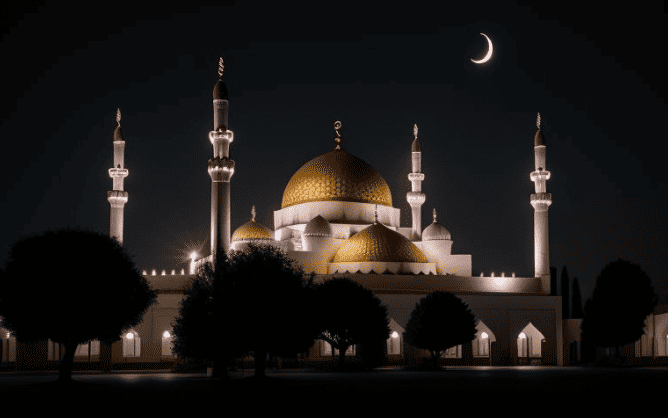
Kesimpulan
Eid is celebrated in many different ways across these countries. The differences show the richness richness of cultural traditions and the universal themes of generosity, family, and joy.
Is Eid celebrated in your country? What do people do? Write your answer in the comments.
